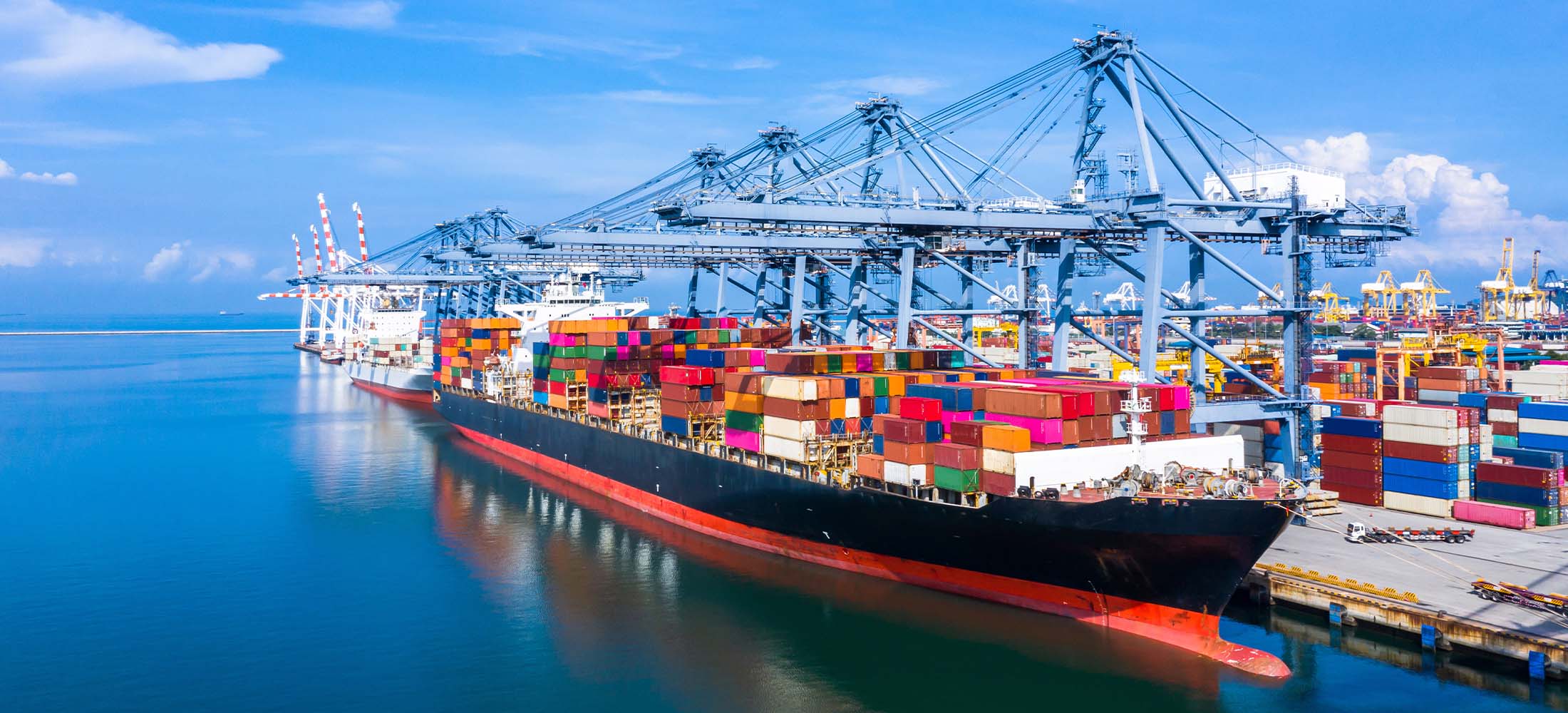Delays have been particularly bad for certain industries due to the Russian sanctions. The food and beverage industry and also the consumer-packaged goods industries have particularly been hit, with delays that have increased by 55%.
Box shipments into Russia have also fallen by 17%, and this figure is likely to rise due to the economic sanctions imposed on Russia.
In addition, “…many shippers have pulled out after facing dangerous conditions at ports, including incidences of friendly fire,” Fourkites said.
“At this stage it is not possible to separate the effect of the war itself from the effect of sanctions,” a FourKites spokesperson told The Loadstar. “Historically, sanctions have taken time to bite, so we wouldn’t necessarily expect them to show up clearly in our data yet.
“However, this time we have not only official sanctions but also public sentiment to take into account. The depth of feeling of people all around the world is likely to have as big an impact on the supply chain as sanctions. Dockers in the UK and Canada, for example, were refusing to handle Russian ships for several days before their governments put official bans in place.”
Companies such as CMA CGM, MSC and Maersk have halted all activity with Russia, despite these companies making up 28% of container vessels operations there. Winward estimate that these companies would have been responsible for delivering 101,000 containers to Russia in the last year.
By far the most pronounced effect on freight rates will likely be in air cargo, but an anticipated rise in ocean freight rates is also taking on insane proportions, with FourKites predicting between a 20- and 40- fold increase in some cases.
“Where ocean shipments from Shanghai to Rotterdam were less than $2,000 two years ago, some freight forwarders showed rates at $54,000 for a single container immediately after the invasion,” FourKites said.
If you have any questions about current dwell times, please get in touch via the contact page.

